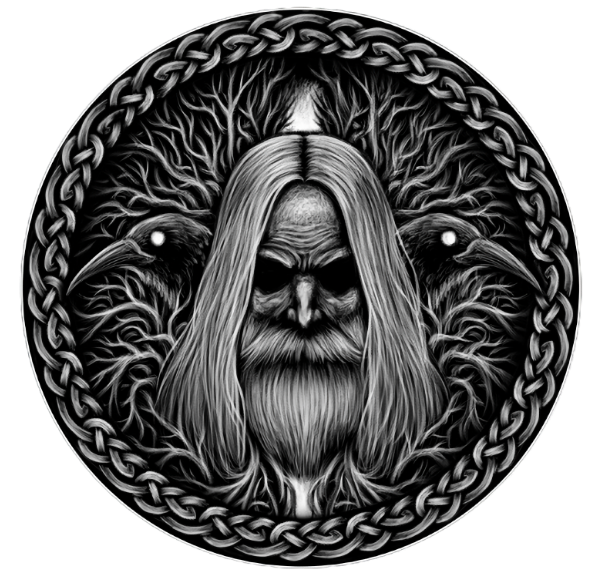
Why the term BLACK MAGIC actually is Racistic.
Share
Unraveling the Term "Black Magic": Historical Racism and Cultural Misunderstanding
Introduction
The term "black magic" is widely used in popular culture to denote evil or malevolent magical practices.
However, few are aware of its historical roots and the racial undertones that have shaped its meaning.
This blog post will explore the origins of the term and the racial biases that have influenced its perception over time.
The Historical Origins of "Black Magic" - African Spiritual Traditions
Long before the term "black magic" was coined, various African spiritual traditions practiced rituals and ceremonies that were deeply connected to nature, ancestors, and community.
These practices were part of a rich cultural tapestry, reflecting the diversity of African societies.
The Fear and Misunderstanding of Slave Owners
With the advent of the transatlantic slave trade, African spiritual practices were brought to the New World, where they were often misunderstood and feared by slave owners. The term "black magic" emerged as a racist expression, linking African spirituality with evil or malevolent intentions.
Misrepresentation and Stereotyping
Exoticism and Demonization
African spiritual practices were often exoticized and demonized by European colonizers and slave owners. The term "black magic" came to symbolize something foreign, dangerous, and inherently evil, further perpetuating stereotypes about African culture.
Hollywood and Popular Culture
The portrayal of "black magic" in films, books, and media has further entrenched misconceptions and biases. These representations often ignore the complexity and diversity of African spiritual traditions, reducing them to sinister caricatures.
The Impact on African Diaspora Religions - Stigmatization of Voodoo, Santería, and Others
The association of African spirituality with "black magic" has led to the stigmatization of various African diaspora religions like Voodoo, Santería, and Candomblé. This has often resulted in discrimination, fear, and misunderstanding of these rich spiritual traditions.
Loss of Cultural Heritage
The negative perception of "black magic" has also contributed to the erasure or distortion of African spiritual practices, leading to a loss of cultural heritage and identity for many in the African diaspora.
Reclaiming and Understanding
A Call for Respect and RecognitionIt is crucial to recognize the diversity and depth of African spiritual traditions and to challenge the stereotypes and biases associated with the term "black magic."
Education and Cultural Exchange
Educational efforts, cultural exchange, and open dialogue can foster a more accurate understanding of African spirituality, moving beyond sensationalism and fear.
Beyond the Term "Black Magic"
The term "black magic" is not just an innocuous expression; it carries a weight of historical racism, cultural misunderstanding, and stereotyping.
It serves as a reminder of how language can shape perception and reinforce biases.
In seeking to understand and appreciate the rich tapestry of African spiritual traditions, we must look beyond the loaded term "black magic" and strive for a respectful and nuanced perspective.
By embracing the complexity of these practices and challenging the prejudices that have shaped their perception, we can contribute to a more inclusive and empathetic understanding of cultural diversity.



